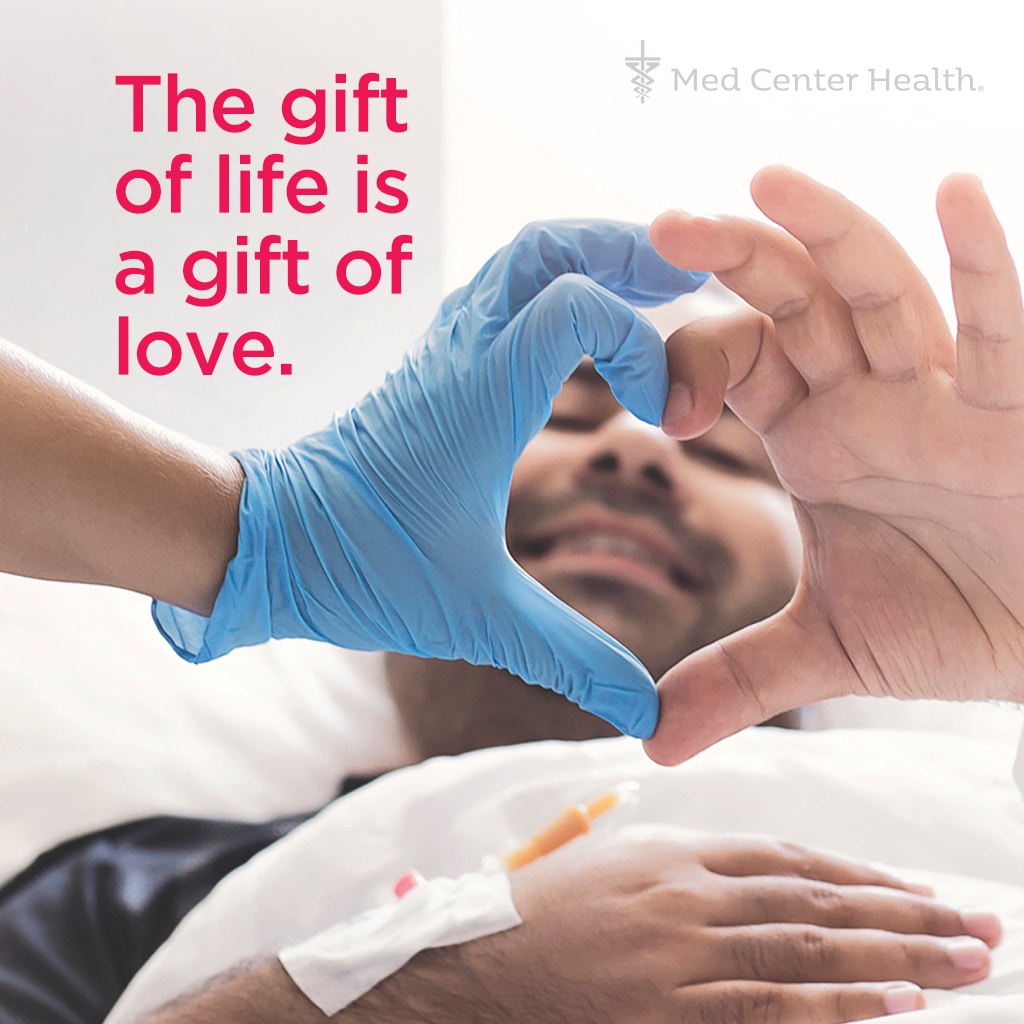The Importance of Organ Donation
In 2023, more than 33,000 Americans received a lifesaving organ transplant, but there are still more than 100,000 people on the national transplant waiting list. Every donor has the potential to save eight lives and can enhance more than 75 other lives.
“One thousand Kentuckians are waiting for organs,” said Leslie Rossetter, Director of Medical Services at The Medical Center at Bowling Green. “Organ donation is the greatest gift you can give. It’s the gift of life, and I think it’s important for people to donate so they can potentially save someone’s life.”
Each day, 17 people die waiting for an organ transplant, and every eight minutes another person is added to the transplant waiting list. While 90% of U.S. adults support organ donation, only 60% are actual registered donors.
Organ donation is an incredible opportunity where someone can help save another person’s life, but it also gives the opportunity to help enhance someone’s life with something like a cornea transplant that can restore vision to a person who was previously blind.
“It’s not just organs,” said Rossetter. “One individual donor can donate a heart, a lung, liver; and these organs can be life-saving for multiple people. Additionally, kidneys, intestines, the pancreas, and a person’s corneas can be donated. There are over 40,000 cornea transplants a year in the U.S., and that is life changing for the people who receive the gift of sight.”
Anyone can donate the gift of life. People of all ages and medical histories should consider themselves potential donors. Your medical condition at the time of death will determine what organs and tissue can be donated.
More than 170 million people in the U.S. have registered as donors. Not everyone who registers as a donor is able to donate, though. In fact, only three in 1,000 people die in a way that allows for deceased organ donation. That’s why more donors are needed. You are also never too old to save lives. At the age of 95, one U.S. organ donor gave the gift of life by donating his liver.
If you are sick or injured and admitted to the hospital, the number one priority is to save your life. Organ donation can only be considered after death has been declared by a physician. Your care at the hospital will not be affected by your donor status. Donors are needed for all races and ethnic groups. Transplant success rates increase when organs are matched between members of the same ethnic background.
“It’s very easy to become a registered organ donor. You just go to the Kentucky Organ Donor Registry website (see below) and sign up,” said Rossetter. “Giving the gift of life is one of the most selfless acts a person can do.”
Even if you have indicated your wishes on your driver’s license, please share your decision with your family so they know your wishes.
To join the Kentucky Organ Donor Registry, visit: www.registermeKY.org


